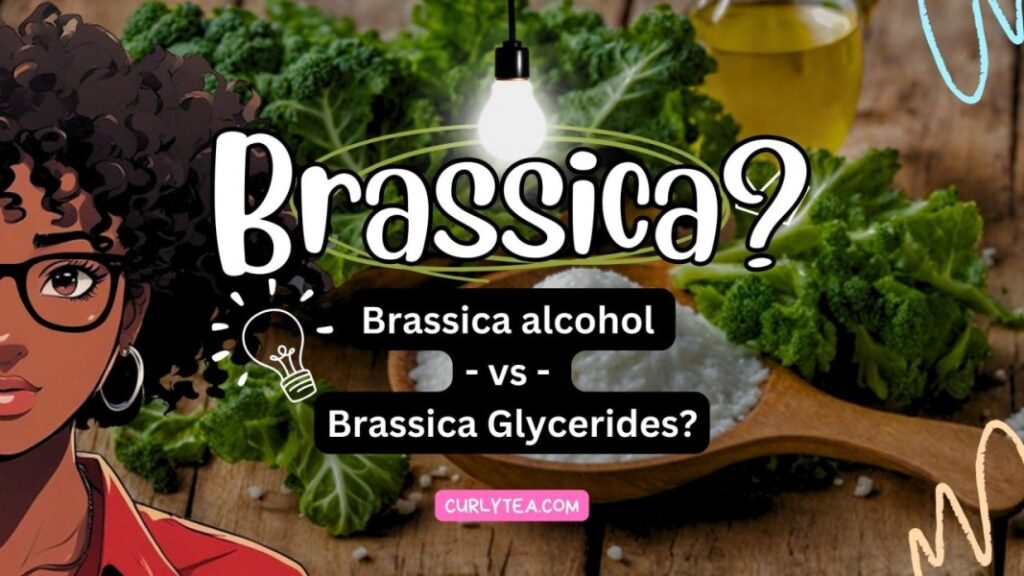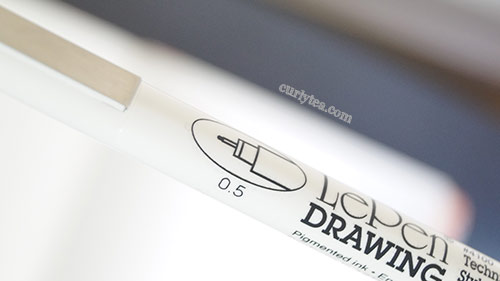Brassica alcohol vs brassica glycerides? What’s the difference and which one should you use?
I already have brassica alcohol and I’ve used it in a few of the formulas posted to curlytea.com. It’s the recommended thickener to use with AminoSensyl HC, for example.
But while searching around for ingredients I haven’t tested yet, I ran across something called “brassica glycerides” (BG) and I wondered if it were the same as “brassica alcohol”(BA).
Are they the same? Well…according to the internets, plural (lol), they’re similar but not quite the same. They’re both allegedly derived from “natural” ingredients from the cabbage (aka brassica) family. But the Brassica alcohol is a fatty alcohol (I guess like cetyl alcohol) while Brassica glycerides is an ester.
Brassica glycerides is said to be a co-emulsifier and a “structuring agent”(1). It can also be used in anhydrous formulas (formulas that don’t contain water or water-soluble ingredients). BG comes into being by reacting glycerin with fatty acids.
BG is also said to have a “mattifying effect” on the skin (4). That just means it’ll absorb and leave a powdery soft feeling instead of a wet, hydrated feel on the surface of the skin.
Brassica alcohol is also a structuring agent and can be used in anhydrous formulas (2). Some suppliers also call this a co-emulsifier. I wouldn’t totally bank on that, but maybe those “co-emulsifier” properties only show themselves at certain percentages.
BA also is allegedly used to help thicken the viscosity and to contribute to the conditioning aspect of the formula. It can used at up to 4% in regular emulsions, but more is fine depending on what you want to create.
BA is light, non-greasy and helps add softness. BG is light, mattifying alleged co-emulsifier that helps add softness.
Now, I would’ve thought Brassica Glycerides would condition and add slip to a formula. But no. It’s said to leave a dry, powdery feeling on the skin, probably much like BTMS does. I also would’ve thought Brassica Alcohol would bulk-up the emulsion and maybe cut down on slip. But no. It also helps condition and soften.
There’s so much overlap that it can get confusing. The biggest difference seems to lie within the way they’re created. Brassica Alcohol is made from brassica plants, while Brassica Glycerides is made from reacting brassica oil with glycerin or something.
Both can be used in all kinds of haircare and skincare products. There doesn’t seem to be a recommendation for one over the other when making regular emulsions.
So which one should you use? My suggestion is to use the one that you can most easily access. ¯_(ツ)_/¯
Check out the formulas I’ve created where Brassica Alcohol is one of the ingredients:




